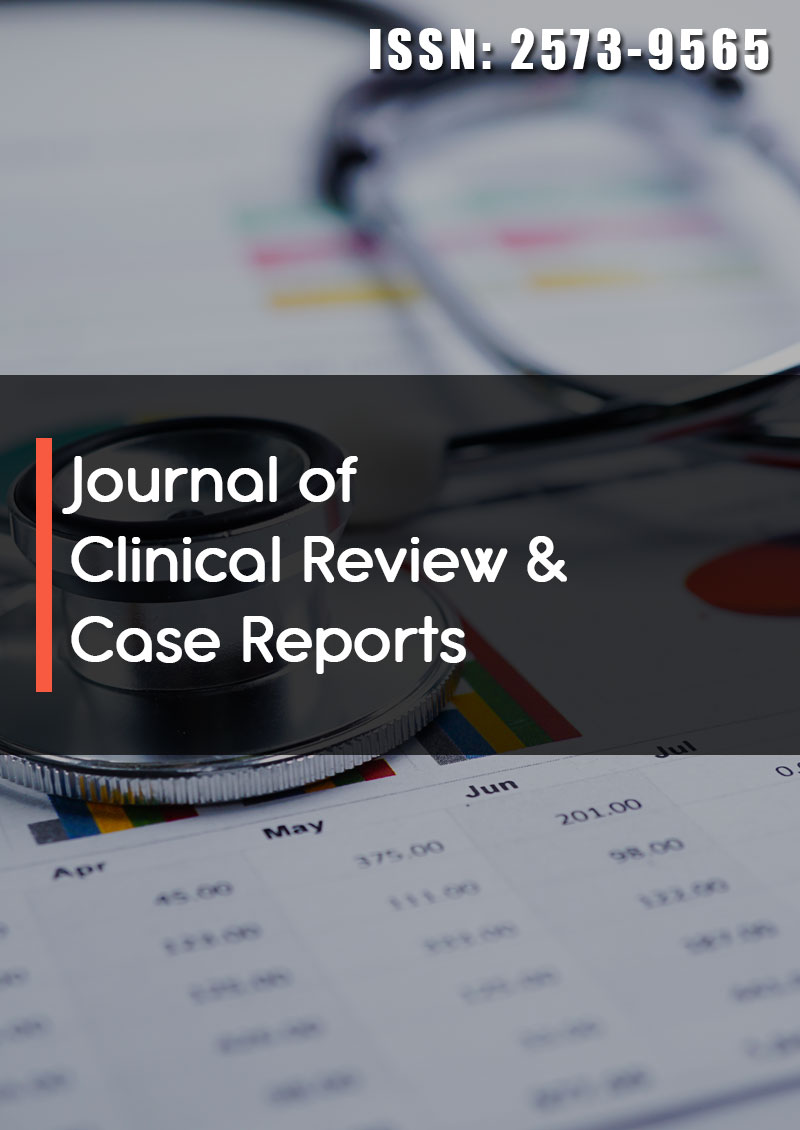Endoscopic Management of Gastro-colic Fistula Following Leak from Laparoscopic Sleeve Gastrectomy
Abstract
Safi Khuri, Yasin Kamel, Kinan Halon, Wisam Abboud and Bishara Bishara
Laparoscopic sleeve gastrectomy (LSG) is a restrictive bariatric procedure effective for the management of morbid obesity. Staple line leak is the most feared complication after LSG and can present early or late following operation. Untreated, chronic staple line leak (>12 weeks) can lead to abscess formation, which in turn form a fistulous tract to adjacent epithelial lined structures. Herein, we present a case of gastro-colic fistula following leak from LSG treated at our department. A 49 years old male patient, presented 14 weeks after LSG to our emergency department with fever and upper abdominal pain. Imaging studies revealed intra-abdominal abscess between the stomach and the spleen with oral contrast leakage into the abscess cavity. An endoscopic evaluation revealed a fistula distal to the gastro-esophageal junction. Endoscopic management of the fistula done by over the scope clip (OTSC), which later failed. The patient re-admitted 12 weeks later and re-imaging studies showed a gastro-colic fistula and distal stenosis of the gastric sleeve. Endoscopic treatment was completed by OTSC closure of the fistula opening on the stomach side and hem clip closure of the fistula opening on the colon side. Also, fluoroscopically-guided endoscopic balloon dilation was done to treat distal stenosis. At 30 months follow up, the patient is doing well.



